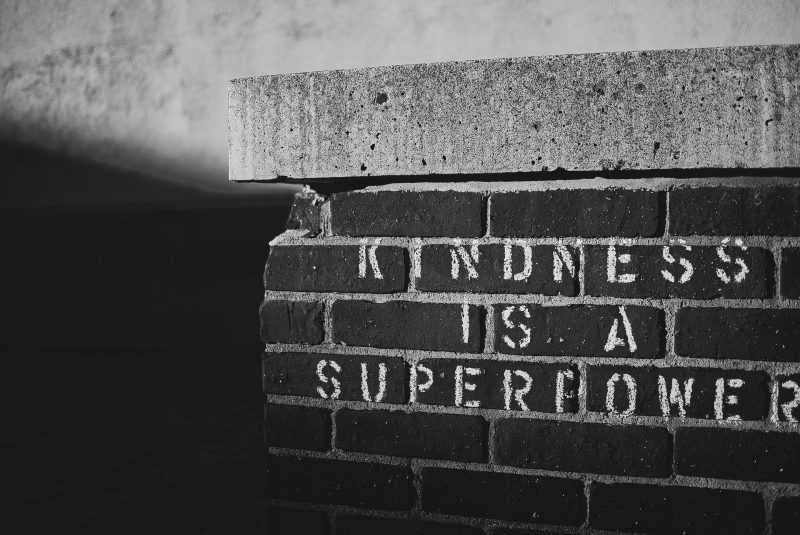I thought by now I would know it all. When I began my internship with Street Sense three months ago, I was certain that by the end, I would be an expert on . . . well, everything. As a new member of the united and cohesive network of homeless help nonprofits (who never, ever disagree on anything ever), I would learn all the secrets; I would be a vigilant crusader in feeding the hungry, securing jobs, and of course, eradicating homelessness in D.C. altogether.
Well, I’m sorry to say I haven’t accomplished any of that quite yet. Where I thought I would find clear-cut answers to the best way to solve this problem or that, at Street Sense, I only found more perspectives and opinions to muddle, influence, and confuse the few things I already knew. Where I thought I would find understanding and encouraging friendships with the homeless vendors, at Street Sense, I found that, as a 20-year old college kid, I don’t know the first thing about what it’s like to be homeless.
Call my original aspirations naïve, arrogant, or idealistic (I prefer the latter), but just because I didn’t get what I expected (or imagined) doesn’t mean I will walk away unaffected. As novel and perhaps cliché as it may be, the most important thing I learned at Street Sense was the Golden Rule.
I have seen vendors bursting with joy because a passerby actually stopped to talk with them, and I have seen vendors angry, sad, and confused because of the hurtful and sarcastic remarks of the unconcerned.
One of the most impactful experiences I had with Street Sense came near the end of my internship, when I brought my youth group to D.C. to participate in our Vendor for a Day program. Before I knew it, I was standing on the corner of 18 and I streets, NW, wearing a yellow vest and timidly holding up the paper that, just days before, I helped to lay out and edit. As fate or irony or whatever would have it, the first person who even acknowledged me walked right up, put his hand on my shoulder, and said (verbatim), “I’ve seen your paper before, and I have to say, I think it’s fairly stupid.”
Great. Unfortunately, I learned that it’s not just the remarks that wear on a person’s dignity, but the way Street Sense’s yellow vest (or, for others, an unwashed coat and a cup for spare change) makes him practically invisible. I’m sure I’m preaching to the choir here: chances are if you’re reading this, you’ve acknowledged homelessness as an issue or acknowledged a homeless person trying to make a dollar.
I also learned, however, that kindness is not dead. Many of my customers seemed genuinely interested, and I always appreciated the “Not today, thank you” – it meant I was visible – a human being rather than simply a barrier between the commuter and his Metro stop. Some of those who weren’t interested in buying the paper still donated money or offered words of encouragement.
It’s just about impossible to give money or stop and talk to every homeless person one encounters on the street. Nobody expects that. But more than the details of Mayor Fenty’s Housing First Program or the reasons why the Franklin School Shelter closed, at Street Sense, I learned that in order to make any change at all, we must start treating people like people.
Most of us learned at an early age to “treat others as you would like to be treated,” and I must say, if each of us truly treated others the way we’d like to be treated, and if we truly put ourselves in the shoes of the poor and needy, we really could eradicate homelessness.




